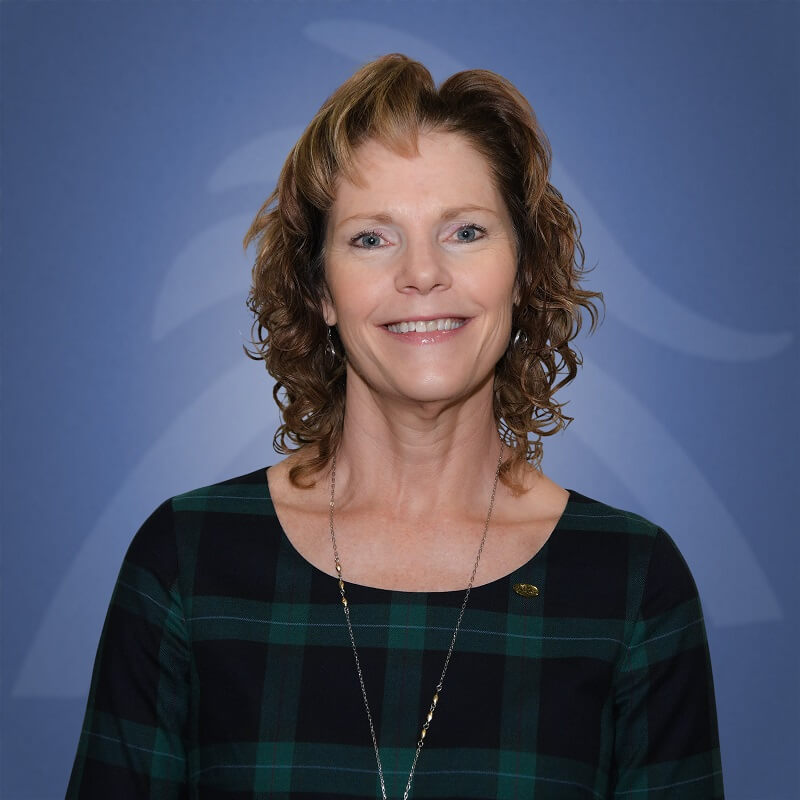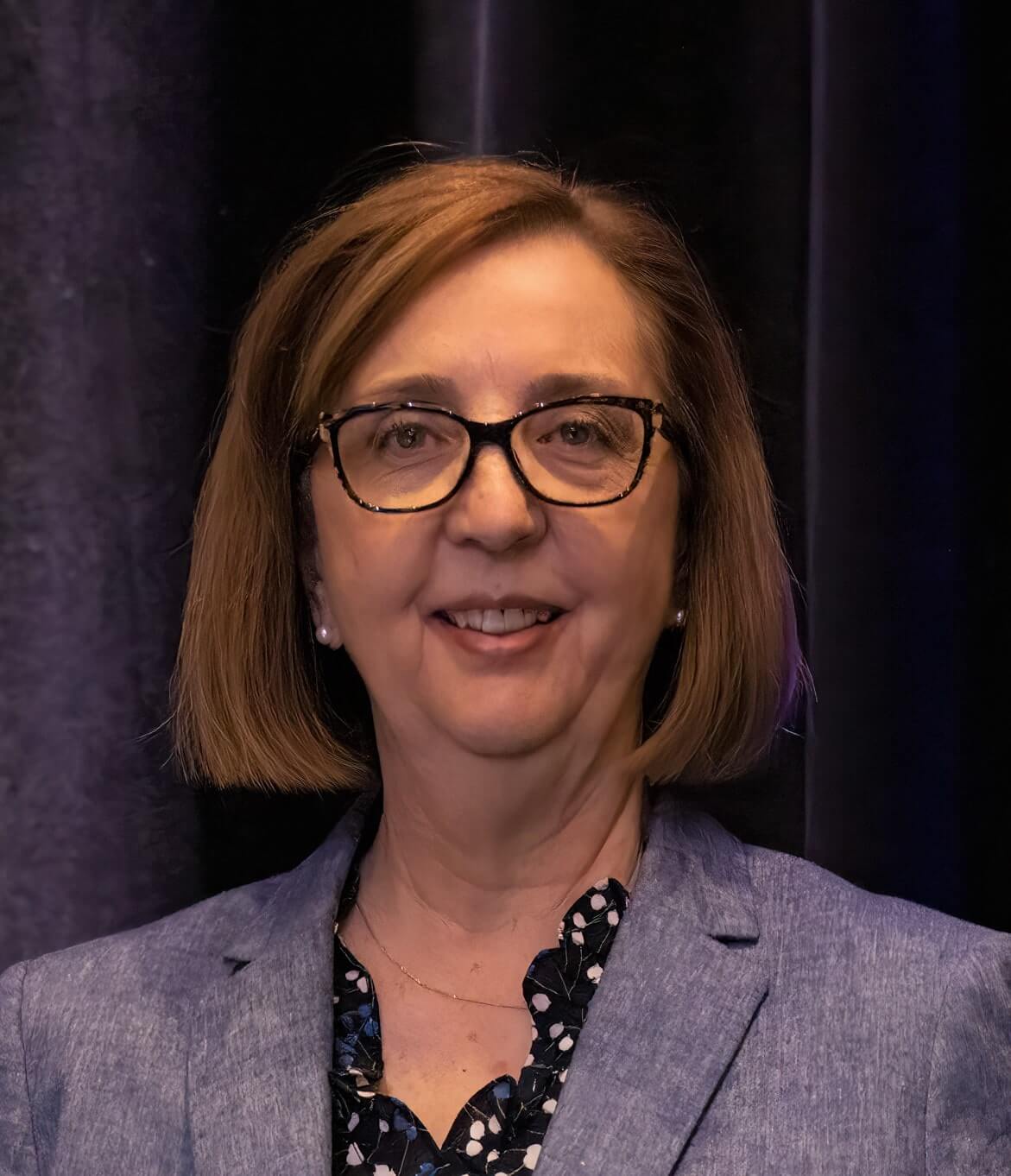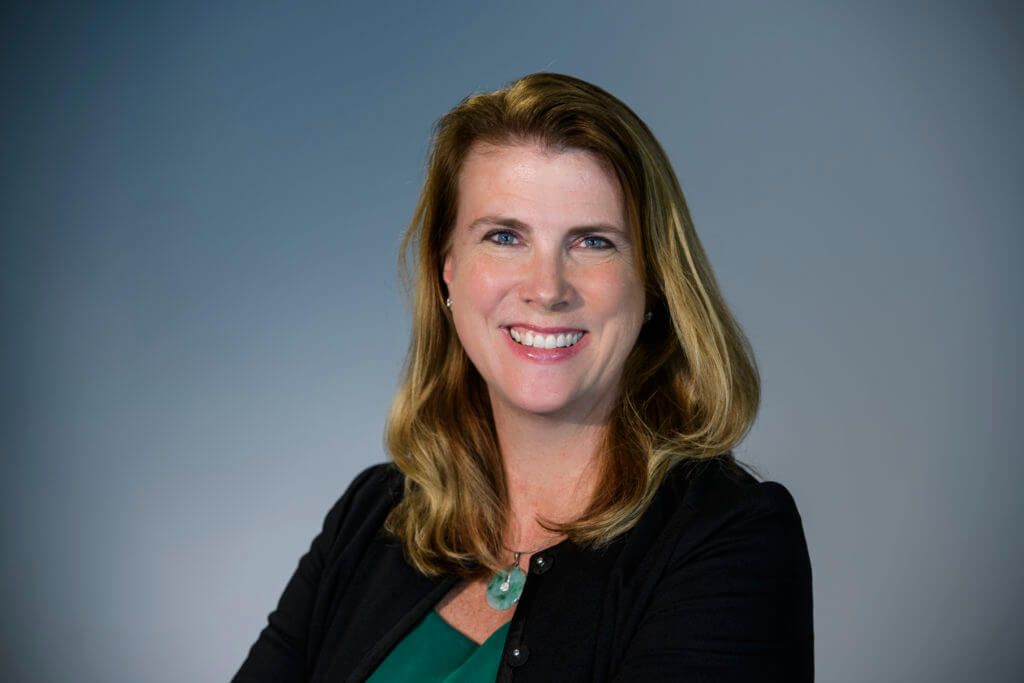NTF in Focus: Women in the Turkey Industry
Women play a major role in the turkey industry and throughout agriculture. Whether it’s on the farm, working the line in the plant, sampling products for quality assurance, developing animal health solutions in the lab or performing a plethora of essential duties, our mission of delivering safe, nutritious products to the table wouldn’t be possible without the women in the turkey industry. Women do it all!
We’ve always said what makes NTF great is its people. In celebration of Women’s History Month, we wanted to highlight a few of the talented women in the turkey industry today. These leaders shared some thoughtful insights with us about how the role of women has evolved in agriculture. Read on to get to know them a little better.
Christy Puffenbarger
Vice President of Technical Service for Aviagen Turkeys & NTF Executive Committee Member

How have you seen the role of women in agriculture change throughout your career?
When I began my career right out of college, there were very few women within the industry, and I often looked around the room at meetings and industry gatherings to see I was either the only woman in the room or one of just a few. Now, I see women in a variety of roles in the turkey industry – service techs, vets, allied industry support and management positions that have traditionally been filled with men. I have also seen opportunities for advancement all the way throughout the system from live production, the plant and sales increase in recent years.
Why is it important to have women in leadership roles in agriculture?
Women bring a different perspective to the table. We not only see issues differently, we also see solutions differently. Our industry needs to be able to innovate, problem solve and predict what will be needed in the future. All of this will have to be done faster and with more accuracy than in the past and having women in leadership roles certainly broadens the pool of leaders we need to meet whatever is ahead for the industry. This more diverse group will only make for a more robust industry that is ready for the challenges that lay ahead.

Deborah Johnson
Communications Director for Prestage Farms
What is your role in the turkey industry?
I currently work with Prestage Farms as communications director and it’s hard for me to believe, but my involvement in the turkey industry began more than 40 years ago! It all started after my husband and I married in 1979 and later that year built our first turkey farm. We went on to build a second farm and grew turkeys for about 20 years in southeastern North Carolina.
How have you seen the role of women in agriculture change throughout your career?
Growing up on a farm, I knew firsthand the contributions of women like my mother, grandmother and aunts. They worked in the fields and cared for livestock and kept the books as well as managed payroll for seasonal workers. Their contributions weren’t often publicly recognized and they would never have called themselves farmers, but they were essential to their families’ farming operations. Today, we see more women who are primary farm operators and landowners. There are more women who have chosen agribusiness management careers with larger enterprises, more women active in agricultural trade organizations and more working in allied industries. It’s great to see these women in roles of agricultural leadership and decision making.
Why is it important to have women in leadership roles in agriculture?
Having women in leadership roles is important for drawing a younger generation of leaders to agriculture. Seeing women in these roles helps young people better understand the career options and possibilities that can exist for them in agriculture and agribusiness.
Lisa Wallenda Picard
Senior Vice President of Policy, Trade & Regulatory Affairs for the National Turkey Federation

What is your role in the turkey industry?
For 10 years, I have had the honor of being the voice of turkey producers and growers with USDA, USTR, EPA and other government agencies. When regulations are being developed, it is critical that someone can explain to our government how industry and food production will be impacted. I have worked on both the live side and the food side at previous points in my career which allows me to see the broad perspective on critical issues.
How have you seen the role of women in agriculture change throughout your career?
I have been very lucky to have had several outstanding women mentors throughout my career, so I have always seen women in ag leadership positions. The number of women in agriculture has clearly increased in the past decade. It is rare for me to now be the only woman in the room, and that is wonderful!
